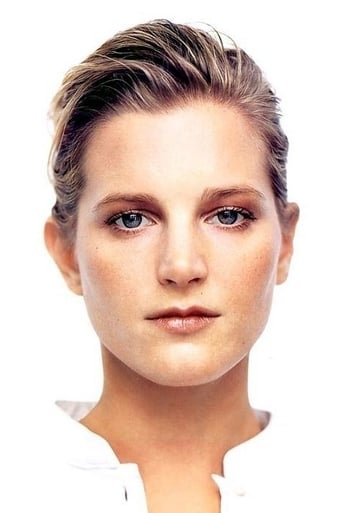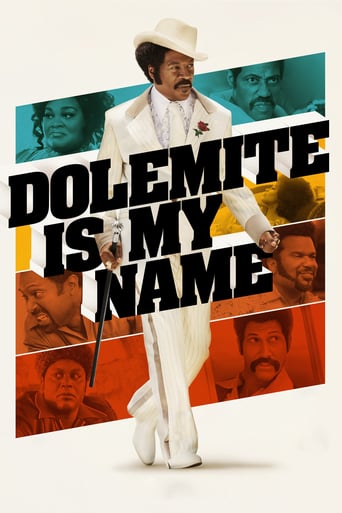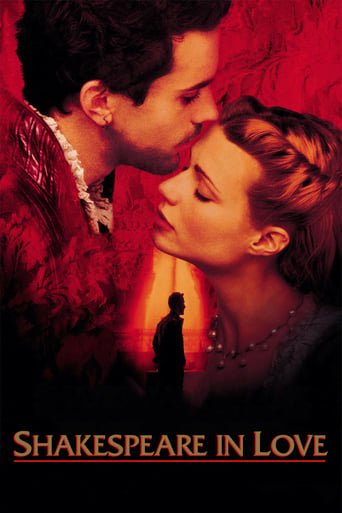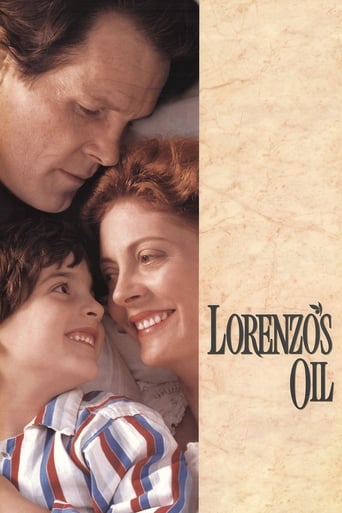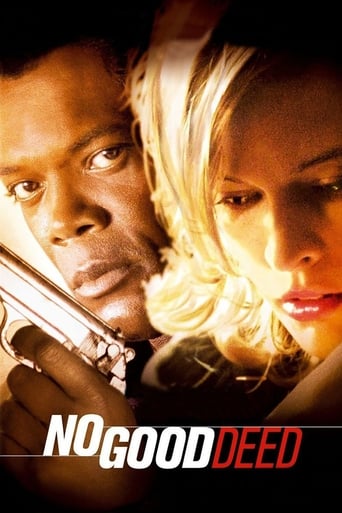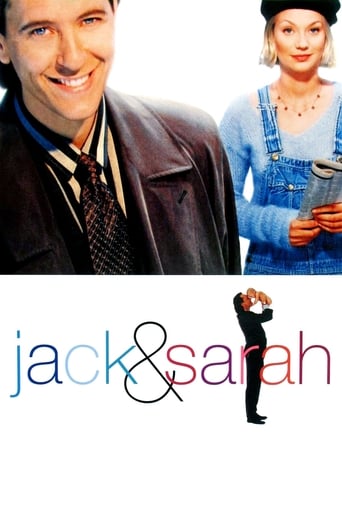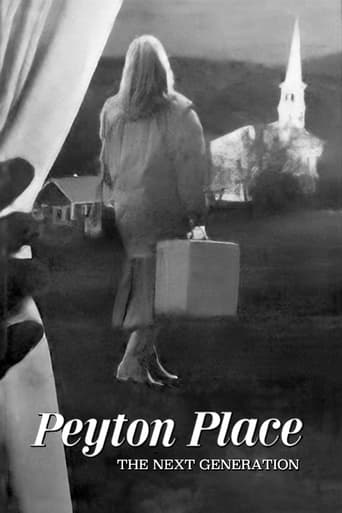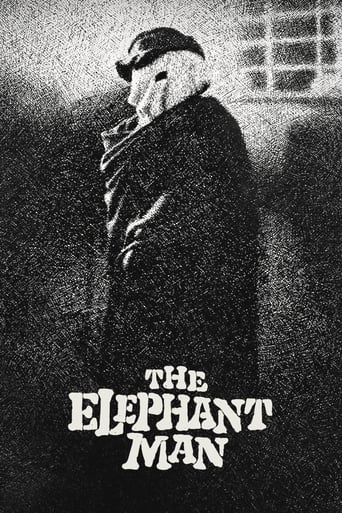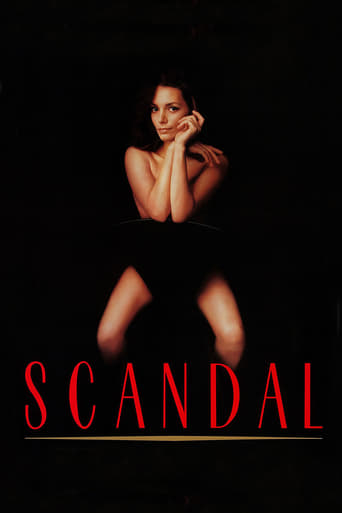
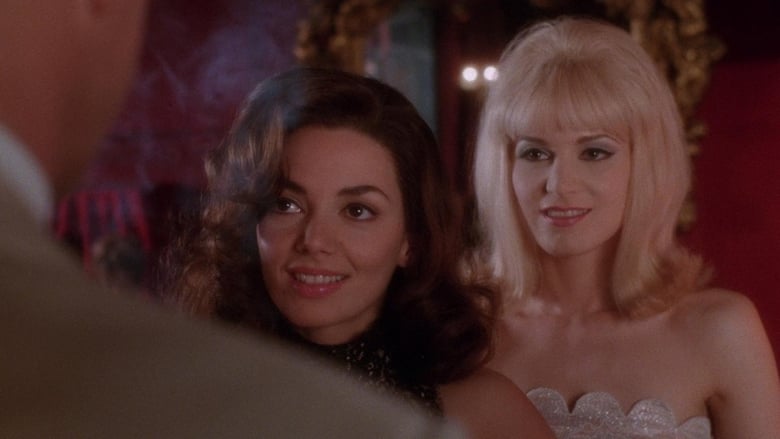
Scandal (1989)
An English bon-vivant osteopath is enchanted with a young exotic dancer and invites her to live with him. He serves as friend and mentor, and through his contacts and parties she and her friend meet and date members of the Conservative Party. Eventually a scandal occurs when her affair with the Minister of War goes public, threatening their lifestyles and their freedom.
Watch Trailer
Cast


Similar titles
Reviews
John Profumo, Minister of War in the Conservative government of Harold Macmillan, was forced to resign in 1963 when it was discovered that he had lied to the House of Commons about his affair with Christine Keeler, a model-cum-dancer-cum-general-good-time-girl. More than fifty years on, the Profumo Affair still remains Britain's most notorious political sex scandal. It even rated a mention ("British politician, sex") in Billy Joel's "We Didn't Start the Fire". Other British politicians whose careers were ended or damaged by scandal- Tony Lambton, Jeremy Thorpe, Cecil Parkinson- are now largely forgotten figures. David Mellor remains in the public eye, but more as a radio personality than as an ex-politician, and few people today remember exactly why he was the subject of so much tabloid gossip in the early nineties.Profumo's name, however, lives on, possibly because the affair in which he was involved may actually have altered the course of history. In the general election of October 1964 (the film wrongly gives the date as November) Macmillan's successor Alec Douglas-Home was very narrowly defeated by Labour's Harold Wilson. Had his party not been embroiled in a lurid scandal the previous year, Douglas-Home might well have stayed in power and British politics in the late sixties could have been very different.In many ways the main character in the film is neither Profumo nor Keeler, but Stephen Ward, the man who first brought them together. Ward was, and still is, a controversial figure. I have never really bought into the theory that he was the innocent scapegoat of an Establishment frame-up, and I certainly would not agree with the reviewer who compared Ward with Timothy Evans. The comparison may have been suggested by the fact that both men were played by John Hurt (Evans in "Ten Rillington Place"), but the two cases were very different. Evans, who was hanged for a murder he did not commit, was the victim of an appalling miscarriage of justice. Ward, who committed suicide during his trial, may well have been guilty of the crime of which he was accused, living off the immoral earnings of a prostitute. (Keeler admitted accepting money from the men she slept with and then passing it to Ward; she always denied being a prostitute, but in the eyes of the law she probably was).Even if Ward was technically innocent of the charge he was nevertheless a rather louche, sleazy character. The son of a clergyman, he worked as an osteopath, a profession which brought him a decent living, but nevertheless had a side-line as pimp to the British Establishment, organising orgies and assignments for high-class gentlemen with low-class morals, of whom Profumo was one. He assumed that his friends in high places would protect him from the law and that, if friendship proved insufficient, his power to blackmail his clients would do the trick. After Profumo's downfall and the disgrace of several other personalities in the wake of the scandal, however, there was nobody left to protect him and he no longer held any secrets which had not already been revealed. The Establishment had no need to frame an innocent man; they merely flung a guilty one to the wolves.Both main female characters, Keeler and her friend and fellow good-time girl Mandy Rice-Davies, are played by actresses who seemed destined for stardom in the late eighties and early nineties, Joanne Whalley and Bridget Fonda. Neither really fulfilled their early promise, despite their good looks, Whalley's marriage to a major star (Val Kilmer) and Fonda's status as the heir to one of America's best-known acting dynasties. Fonda does not seem to have made any films since 2002, and although Whalley is still on the scene she does not really count as a big name these days.Both, however, are very good here. Whalley plays Keeler with a beguiling mixture of seductiveness and feigned innocence. (She had what was probably an unusual experience for her, playing a woman who was more beautiful than she was; whatever else Keeler might have been she was a striking beauty and, had her name not been tarnished by the scandal, might have become one of Britain's leading models). Fonda's Rice-Davis is a brash and cheeky youngster, able to raise a laugh even in the formal setting of a courtroom with her famous line "Well, he would, wouldn't he?" when it was put to her that Lord Astor (an associate of Profumo) had denied sleeping with her. Fonda also copes well with the challenge of a British accent.Hurt manages to raise a certain amount of sympathy, despite his obvious sleaziness, for Ward, a man who seems firmly in control and then suddenly finds his world collapsing about his ears. Ian McKellen is smoothly repellent as John Profumo, a man brought down as much by his arrogance as by his lust. "Scandal" is an entertaining history lesson, but it is also a study of the temptations and pitfalls of power. 7/10
Well-mounted, stylish and evenly paced, "Scandal" expertly tells an interesting story with much flare and good dramatic sense. Joanne Whalley, Bridget Fonda and John Hurt are wonderfully cast in their respective roles and the narrative moves along with much interest and seldom sags.A quick read of the events and personalities related to the real-life events surrounding the British sex scandal of 1963 will attest to the good effort made to make the film largely accurate yet entertaining.Although the three leads are portrayed as callow and opportunistic throughout most of the action, their human vulnerability remains only slightly obscured; and especially in the case of Whalley's and Hurt's characters, the viewer is compelled to look at them sympathetically once the music stops. Good viewing all around.
Michael Caton Jones directs this account of the real life sex scandal involving Cabinet Minister John Profumo(Ian McKellen) & Russian spy Eugene Ivanov(Jeroen Krabbe) involved with former showgirls but now high society escorts played by Joanne Whalley and Bridget Fonda, that would result in a very public trial that wrecked careers and lives. John Hurt plays Dr. Stephen Ward, who introduced the two ladies to their decadent lifestyle, much to his later regret.Well acted by its cast, and interesting to a point, but film is rarely that emotionally involving, and seems more interested in controversial sensationalism than anything else. Despite the excitement on screen, it may well leave you cold...
Much looked-forward to and gossiped aboutdramatization of the Profumo scandal which doesn't seem to know what it wants to be about and confuses the hell out of the viewer. It tries to capture the Sixties but it's arrogance and abundance of style over content betray it as a casualty of the Eighties. The script is oddly coy and cagey when it comes to key points in the pliot, and the whole Lucky Gordon episode is a mess. A fine performance by John Hurt goes some way towards salvaging something. But miniskirts in 1963? And while the end theme is pretty good, the lyrics are abysmal! Hurt's final scene with the falling cigarete though is splendid.




